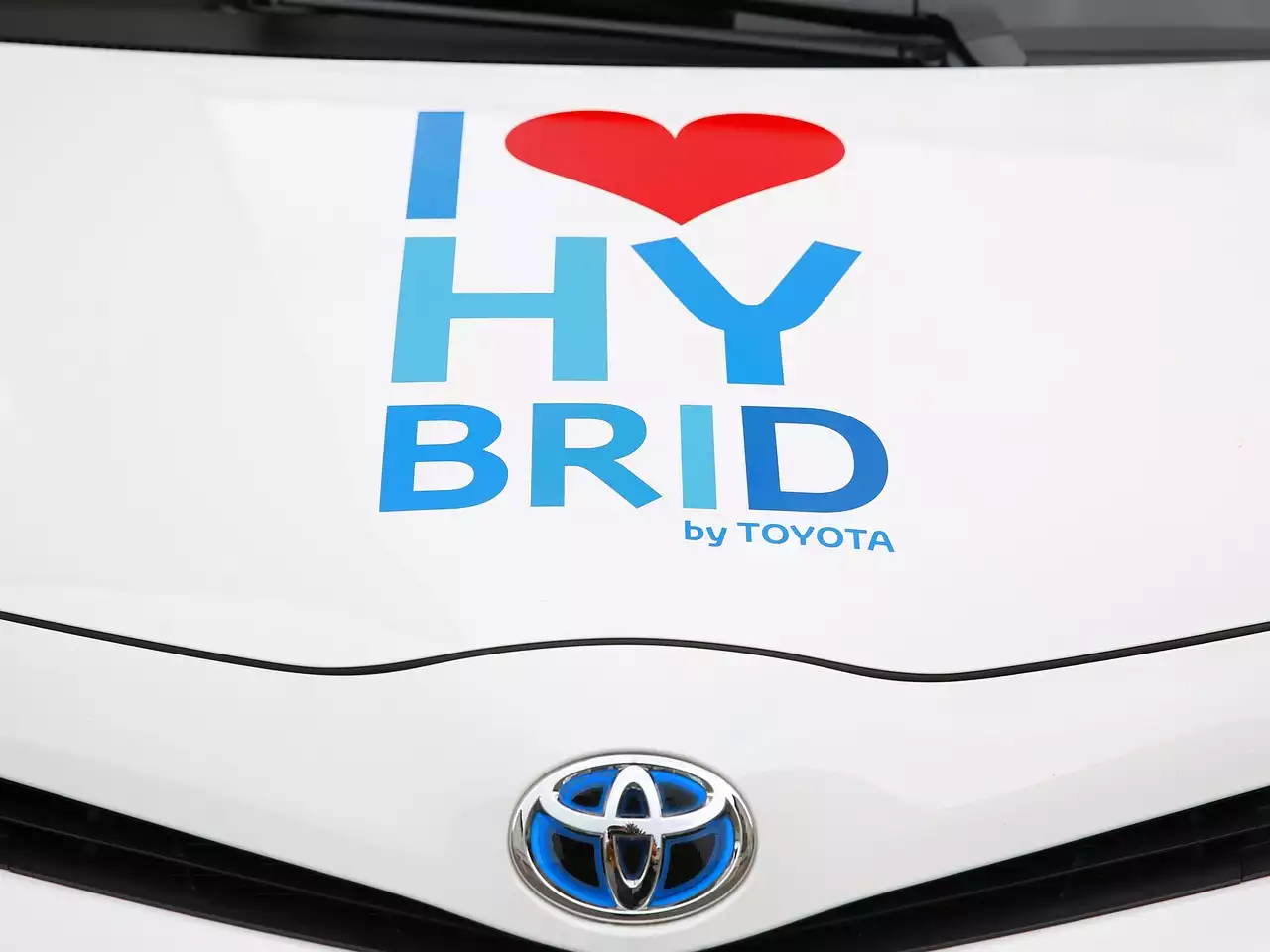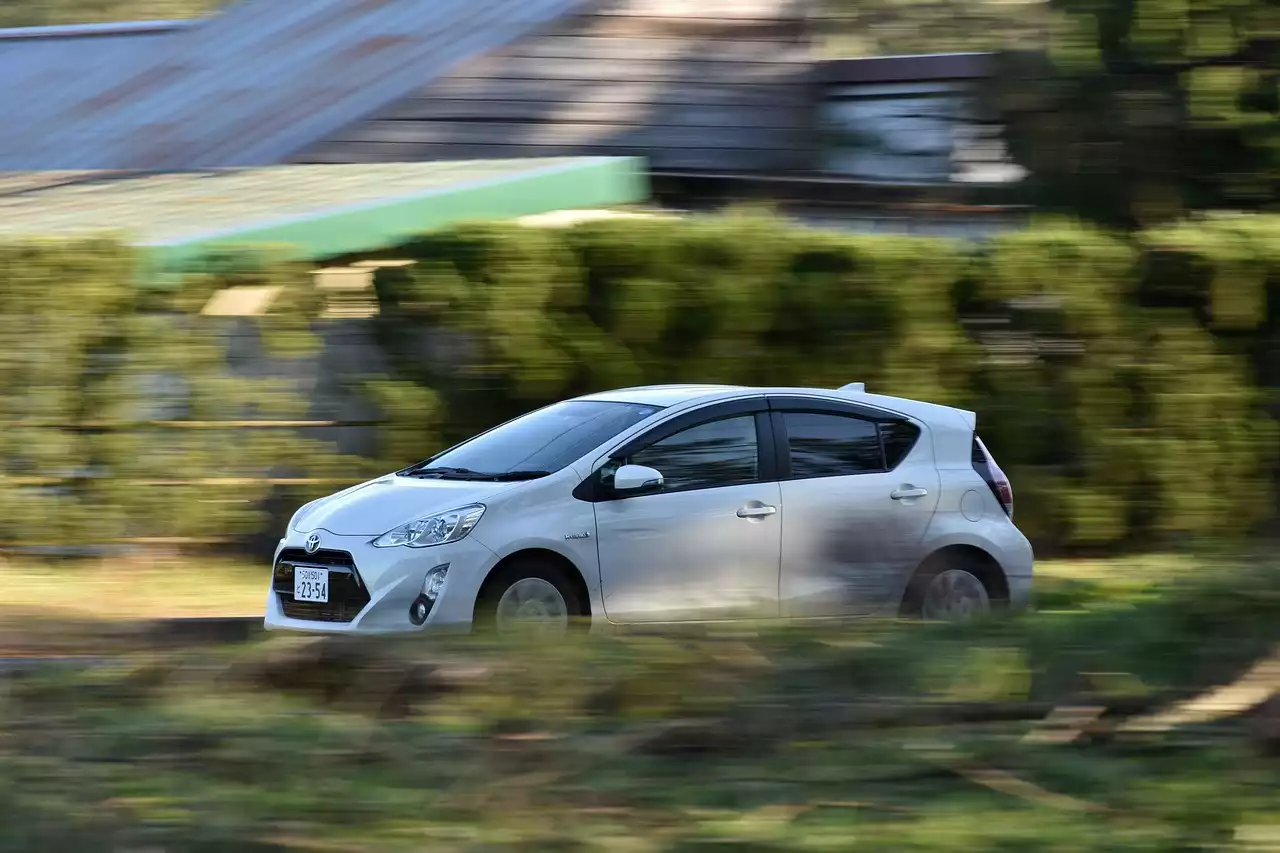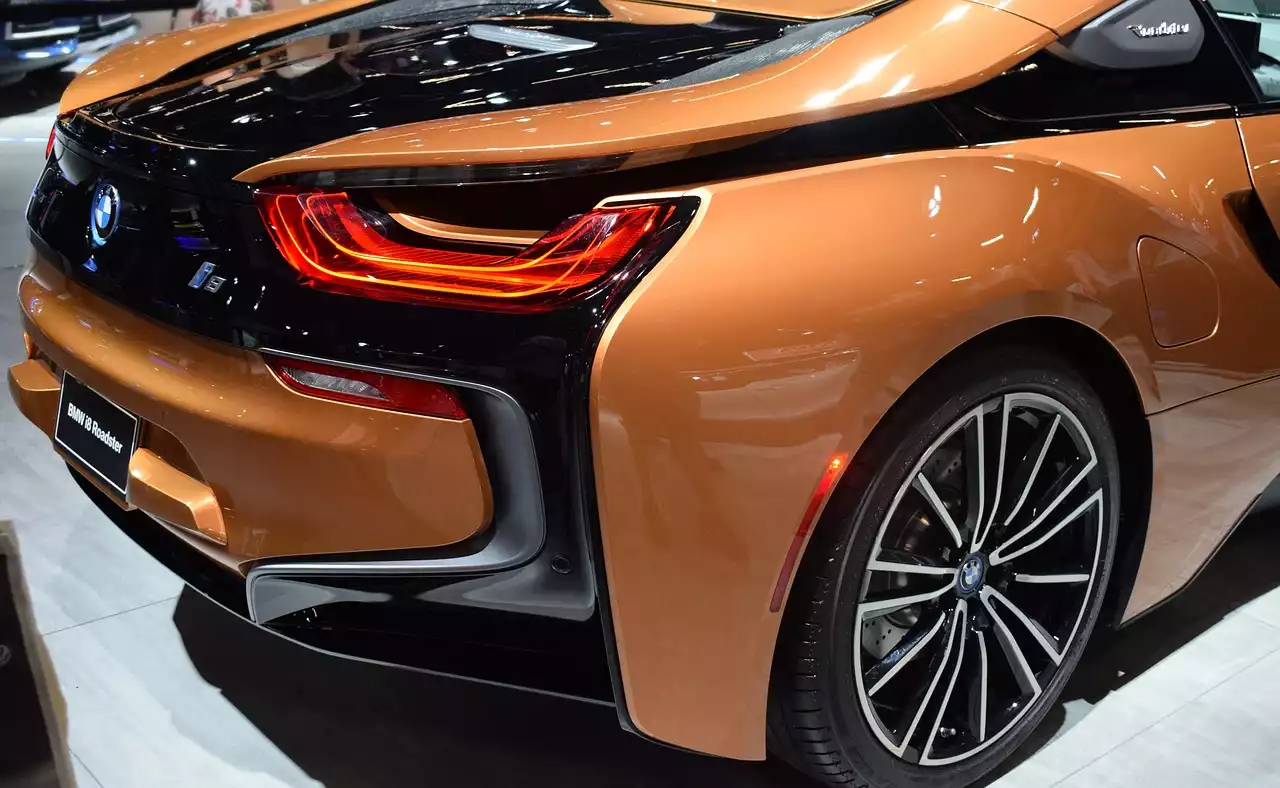What is a Hybrid Car?
A hybrid car is a vehicle that uses multiple forms of propulsion to generate power for the engine. The primary source of power for most hybrid cars is an internal combustion engine (ICE), which typically runs on gasoline or diesel fuel. To supplement the power generated by the ICE, hybrid cars may have an electric motor, a hydrogen fuel cell, or a combination of both. The primary goal of hybrid cars is to reduce the amount of fuel used by the vehicle while maintaining the performance of a non-hybrid vehicle. There are a few different types of hybrid cars: Hybrid cars run on both electricity and gasoline. Hybrid cars run on electricity, but they can also use gasoline. Plug-in hybrid cars can run solely on electricity. Hydrogen hybrid cars use a hydrogen fuel cell to power the vehicle. Hybrid cars are significantly more expensive than non-hybrid vehicles, but they are often much more reliable. Hybrid vehicles typically have lower emissions as well.
Advantages of Hybrid Cars
Hybrid cars have many advantages. The biggest of these advantages is that hybrid vehicles tend to use less fuel than conventional vehicles. Hybrid cars often use less fuel than non-hybrid vehicles that are similar in size and performance, so you can save a significant amount of money on fuel. Hybrid cars use less fuel for a few reasons. First, both the electric motor and the ICE are designed to operate at their most efficient and produce less power than a non-hybrid vehicle. Second, hybrid cars are heavier than non-hybrid vehicles, which means they require more power to operate and accelerate. And third, hybrid cars often use regenerative braking to recapture some of the energy that would otherwise be lost while slowing down or braking. Hybrid cars are also better for the environment than traditional vehicles. Hybrid cars often produce less carbon dioxide emissions. The amount of CO2 emissions that a hybrid car produces varies depending on the type of hybrid car that you own.
Disadvantages of Hybrid Cars
Unfortunately, while hybrid cars offer many advantages, they also have a few disadvantages. One of the biggest disadvantages of hybrid cars is that they are significantly more expensive than non-hybrid cars. The average hybrid car can cost around $5,000 more than a comparable non-hybrid vehicle. Hybrid cars often carry a higher price tag because they include expensive components like an electric motor, regenerative brakes, and other special features. Hybrid cars have a higher resale value as well, but this is more than offset by the increased initial cost. Hybrid cars are also more complicated than non-hybrid vehicles. Hybrid cars rely on a variety of built-in computer systems to work properly, which makes them more difficult to maintain. Hybrid cars require more frequent oil changes and tune-ups, and they are often more susceptible to damage due to bad weather conditions.
Buying a Hybrid Car
If you are interested in buying a hybrid car, you will want to do extensive research on the different types of hybrid cars available. Hybrid cars are significantly more expensive than similar non-hybrid vehicles, but you can use this to your advantage by researching hybrid cars with high resale values. If you are buying a hybrid car that uses gasoline, you should make sure that your hybrid car gets a good mpg rating. You will also want to consider the overall cost to maintain your hybrid car. If you are buying a hybrid car that uses electricity, you also need to consider the hybrid car’s range. The hybrid car’s range is the distance that you can drive on a single charge of electricity. Hybrid cars with smaller ranges are cheaper to maintain than hybrid cars with longer ranges.
Maintenance Tips for Hybrid Cars
Hybrid cars are more complicated than most vehicles, so they require more maintenance than a typical gasoline or diesel car. The first thing that you should do after purchasing a hybrid car is to get it inspected by a mechanic. The mechanic will check the hybrid car’s battery, brakes, tires, and other important components to make sure that everything is in good condition. You should also have your hybrid car serviced by a mechanic regularly. Many hybrid car owners recommend changing the oil every 5,000 miles instead of the standard 3,000 miles. Hybrid cars require a bit more work than non-hybrid vehicles, but if you do your research and maintain your hybrid car properly, you should be able to avoid most common issues. Hybrid cars are often more expensive to maintain, but many hybrid car experts recommend spending the money to keep your hybrid car running smoothly.
Saving Money with Hybrid Cars
The best way to save money with a hybrid car is to drive it as often as possible. Hybrid car owners often report significantly reduced fuel bills. You can also save money on maintenance by taking your hybrid car in for regular tune-ups and oil changes. If you want to save even more money, you can reduce your carbon emissions by carpooling, taking public transportation, or joining a ride-share program. You can also help the environment by reusing or recycling items that you no longer need.
Environmentally Friendly Driving with Hybrid Cars
Hybrid cars are great for the environment, but they don’t have to be used only as regular transportation. Hybrid cars can also be used to generate electricity by plugging them into an outlet. Many hybrid car owners use their cars to power their homes during power outages. Hybrid cars are a great way to reduce your carbon footprint, save money on fuel, and help the environment.
Resources for Hybrid Car Owners
Hybrid Owners Alliance - An organization for hybrid car owners that provides access to free services and resources.
Hybrid Cars - An online publication that provides readers with information on the latest hybrid car news and reviews.
Hybrid Cars - A website that provides readers with information about the benefits of owning a hybrid car.
Choose Well
Hybrid cars are an excellent way to reduce your carbon emissions and cut down on fuel costs. Hybrid cars are significantly more expensive than non-hybrid vehicles, but they are often more reliable and produce fewer emissions. If you are thinking of buying a hybrid car, you should do your research and make sure that the hybrid car is right for you.









